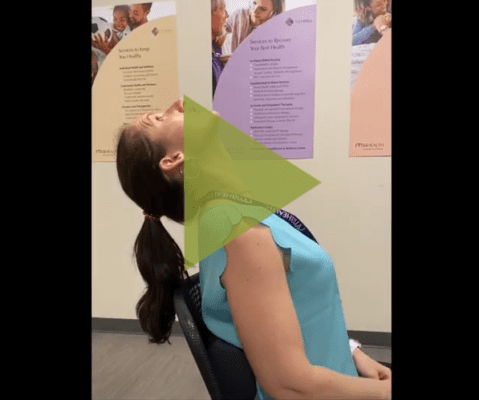Living LOUD – Starting June 4th
1st & 3rd Tuesday of every month 11:45am – 12:45pm
RVNAhealth, 27 Governor Street, Ridgefield
$30 per drop in class
Living LOUD tackles the soft voice, mumbled speech, monotone speech and hoarse voice that often afflict Parkinson’s patients. Structured activities that continue to work the patient’s vocal range maintain the progress made after the LSVT LOUD treatment. Weekly activities will include group work as well as individual exercises with other participants facilitated by an LSVT LOUD speech therapist. The ultimate goal is to improve loudness, improve speech intelligibility, increase facial expression, and improve confidence.
Cost is $30 per class and we do not require a registration for each class, but please call our office 203.438.7862 or email (rehabcenter@rvnahealth.org) before attending your first class so that we can discuss your specific needs.
To see class schedule, visit our calendar here
To learn more about the Living Loud program, please call (203) 438-7862 or email rehabcenter@rvnahealth.org.
About Susan DiGregorio, SLP


Susan joined RVNAhealth in 2017 as a therapist in both in-home and outpatient settings. She then pursued in-home therapy full time before returning to outpatient therapy, where she enjoys the opportunity to help her motivated clients set and achieve their goals. Prior to RVNAhealth, Susan worked for eight years in a sub-acute setting.
Susan earned her B.A in psychology from SUNY New Paltz in 2004, and her M.A. in Speech-Language Pathology from CUNY Lehman in 2011. She holds a certificate of clinical competence from the American Speech-Language-Hearing Association (ASHA) and is a Certified Dementia Practitioner.
Susan lives in Danbury with her husband, daughter, cat and dog. They love to stay active as a family with hikes, bike rides and catching live music whenever they can.
RVNAhealth is a private, 501c(3) non-profit organization which provides a continuum of care to people in 35+ towns across Fairfield, Litchfield, and New Haven Counties. RVNAhealth depends on financial support from individuals like you who believe that healthy communities improve the quality of life for everyone. Every gift — no matter the size — is critical to upholding our mission and sustaining our important work. If you would like to support RVNAhealth’s mission to deliver unmatched, compassionate healthcare when and where it is needed, please click here.





